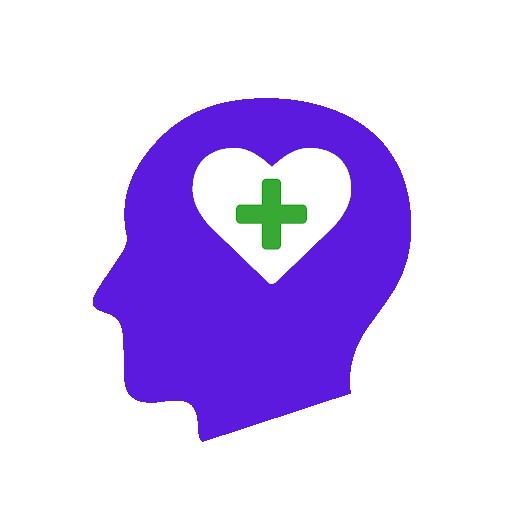
Supporting Mental Health for Maine’s Students:
Like physical health, positive mental health promotes success in life. As defined by the Centers for Disease Control and Prevention (CDC), “mental health includes our emotional, psychological, and social well-being. It affects how we think, feel, and act. It also helps determine how we handle stress, relate to others, and make healthy choices. Mental health is important at every stage of life, from childhood and adolescence through adulthood.”
In schools, we prioritize three critical and inter-related components of mental health: social (how we relate to others), emotional (how we feel), and behavioral (how we act) supports to promote overall well-being.
- Prioritize Wellness for Every Maine Student
-
While schools and districts are faced with significant educational and developmental priorities for many children and students associated with the pandemic, there is a need for balanced programming that supports learning, while also supporting their social, emotional, and behavioral adjustment.
The following modules can be incorporated into existing Social Emotional Learning, School Counseling, and Health programs as well as part of an overall MTSS approach that prioritizes stress reduction through mental and physical wellness routines that include daily opportunities for movement, mindfulness activities, and any additional calming routines to promote self-regulation (e.g., lights off, music, breathing, drawing). Supporting students in establishing these routines promote resilience and health among children who have experienced trauma, reduce stress and negative behaviors while increasing health and focus.
- Promote Mental Health Literacy and Reduce Stigma
-
Given increased mental health needs associated with the pandemic and social challenges, there is an urgent need to improve access to mental health support by reducing barriers, changing attitudes and perceptions about mental health, and eliminating discriminatory practices that harm students with mental health challenges.
The goal is to eliminate stigma associated with seeking mental health support. These resources can be part of a way to develop understanding and awareness of mental health (e.g., thoughts, feelings and actions that promote success in life, or developing capacity of the child or student to form close relationships, manage and express emotions, and explore the environment and learn) and improve mental health literacy.



